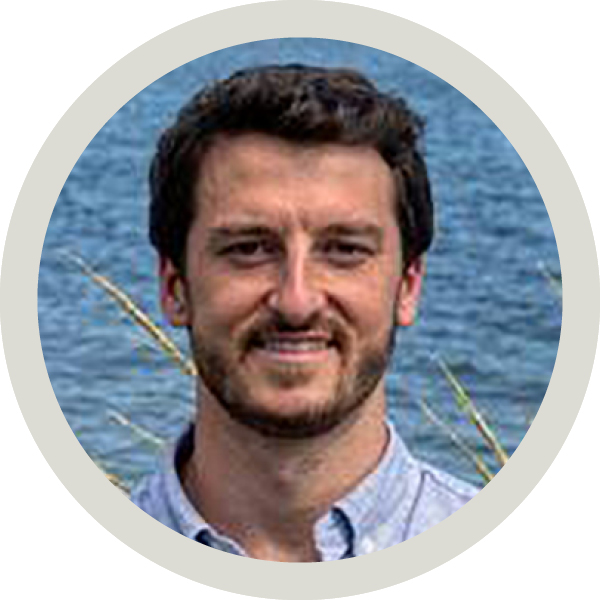Sam King

Reimagining
Cosmic Education
with Sam King
If there is a fundamental intellectual error in the way our schools approach science, it is the lack of context. The general approach is to focus on methods and concepts as foundational, rather than on narrative and context. For example, by the time a child reaches the age where they begin a more serious study of science, they will be introduced to a series of abstractions, coming in the form of either (a) lab work that primarily serves the purposes of teaching scientific methods rather than instilling in a child a sense of wonder and place in the world or (b) concepts that, while foundational to the study of science as an academic field, are relatively meaningless for a child.
Instead, the focus of scientific study must begin with the narrative. Before we get into the cosmology based on the scientific narrative we should understand more about what a cosmology is and some alternative cosmologies. This begins with an inquiry into the nature of myth and narrative.
A cosmology always comes in the form of a story. This is true of science as well as myth. There are, of course, epistemological differences between scientific and mythic approaches to the world, but the aim of neither is to merely convey knowledge – it is to integrate knowledge into a coherent story. The scientific approach has the advantage of a rigorous method that is open to change; the mythic approach has the advantage of being conscious of the values it conveys.
So, rather than beginning the study of science with scientific methods or abstraction, we begin with an exploration into the nature of cosmology and narrative. This is entirely rooted in neuroscientific understanding of how the brain works, and we should be teaching based on this brain science. For we understand now that we process information through story. This is why, for example, giving people more facts about climate change doesn’t affect their belief about it.
The story of scientific cosmology, therefore, begins with the creation myths that preceded it. This can come in forms students are familiar with, such as the Bible. But it can and should also include creation stories from various cultural traditions. None of this is about teaching religion; rather, it is an investigation into the nature of human consciousness. For modern science, this means the story of the universe – the broader story within which all studies of science (and history) fit.
Reimagining the Classroom
– By Theodore Richards
Guest Bio
Sam King is an environmental educator, public speaker, writer, coach, and activist. He serves as Director of Sustainability for the United States Marist school network and Project Manager for the Journey of the Universe film and multimedia project. A former teacher in Peru, Sri Lanka, and Connecticut, he holds a Master of Arts in Religion and Ecology from Yale Divinity School with a certificate in Educational Leadership and Ministry. Sam is passionate about how the New Story of cosmic evolution can help inspire the transition to a more just and sustainable world.